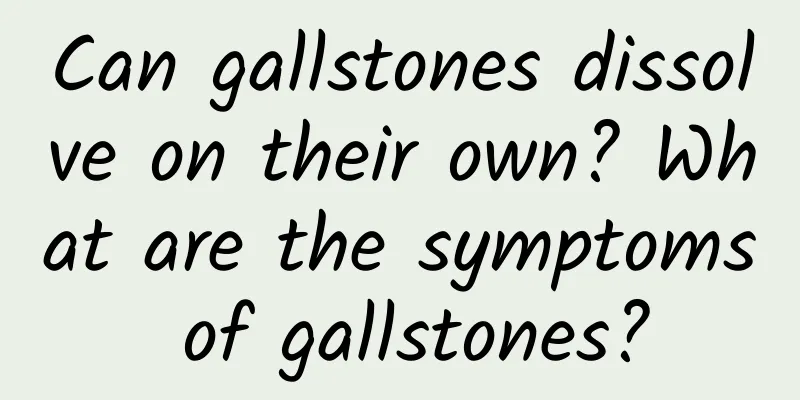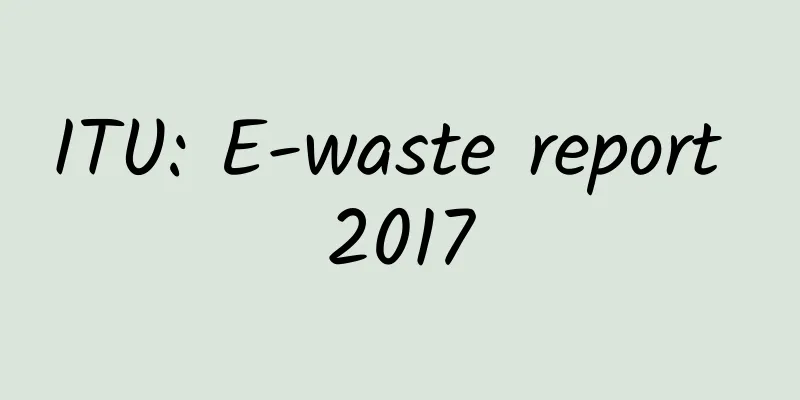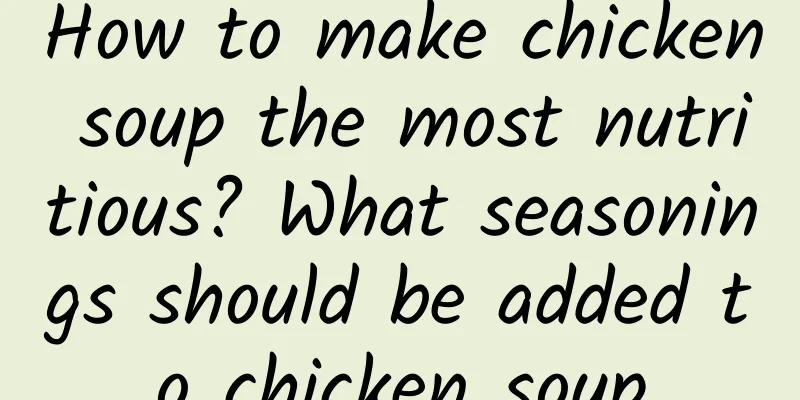Can gallstones dissolve on their own? What are the symptoms of gallstones?

|
Gallstones are stones in the gallbladder and bile duct, and generally do not cause any symptoms. If there are stones in the stomach, of course you have to find a way to "get rid of" them, but will gallstones dissolve on their own if you ignore them? Can gallstones dissolve on their own?It cannot heal on its own, and even taking medication will not dissolve the gallstones. Generally speaking, gallstones will not heal on their own. The so-called self-healing means that the gallstones disappear without any treatment. This is unlikely. If we find that a patient has gallstones, as long as there are no clinical manifestations, such as no nausea, vomiting, no abdominal pain, abdominal distension, and the gallstones are only found during a physical examination, then generally surgery can be temporarily avoided and observation can be performed. However, about 30% of people will have symptoms in the future and will eventually need surgery. If gallstones also have some symptoms, then surgery should be considered, because the effect of drugs is not good. Laparoscopic minimally invasive surgery is the first choice for surgery, which has less damage and small incisions, but the cost is relatively high, and some complex gallstones may still require open surgery. Some gallstones may have no symptoms, but they still need treatment. For example, if the number and diameter of the gallstones are relatively large, or if there are gallbladder polyps at the same time, then surgical removal of the gallbladder is required. Therefore, gallstones will not heal on their own, nor can they be cured by medication. What are the symptoms of gallstones?No obvious symptoms at the beginningGallstones usually have no obvious symptoms in the early stages of the disease and are usually discovered during routine physical examinations. Some people may also experience mild discomfort, which is sometimes mistaken for a stomach disease. Biliary colicWhen the patient is overfed, eats too much greasy food, changes his body position while sleeping, the gallbladder contracts or stones move, the vagus nerve is excited, the gallbladder is blocked from emptying in the abdomen and neck, and the internal pressure increases, the colic is caused by strong contraction. The pain is located in the upper abdomen and is paroxysmal or continuous, radiating to the right shoulder blade and back, and causing nausea and vomiting. After the first episode of biliary colic, approximately 70% of people experience a recurrence within a year. Dull pain in the upper abdomenMany patients will experience upper abdominal or right upper abdominal pain, or symptoms such as bloating, belching, and hiccups only when they eat too much, eat high-fat foods, work under stress, or do not get enough rest. Acute cholecystitisIf the gallstones are embedded in the joints for a long time without relief, the gallbladder will continue to enlarge, and serious infection may occur, leading to acute cholecystitis. If treatment is not timely, a small number of patients may develop acute suppurative cholecystitis, and there is even a risk of gallbladder perforation. Asymptomatic gallstonesSome single or multiple gallstones exist freely in the gallbladder, are not easily impacted, and rarely show symptoms. They are called asymptomatic gallstones. How should patients with gallstones pay attention to their diet1. In principle, you should focus on a high-protein, low-fat diet and choose high-quality, low-cholesterol foods such as fish, lean meat, milk, and soy products. It is best not to eat high-cholesterol foods, such as hairy crabs. 2. Reduce the intake of animal fat and increase the intake of vegetable oils, such as corn oil, sunflower oil, peanut oil, soybean oil, etc. 3. It is best to drink more than 2000 ml (about 4 to 5 bottles of mineral water) every day. Drinking water can dilute the blood, thereby reducing the concentration of bile secreted by the liver, so it is not easy to form stones. It is best to drink boiled water and drink less sugary drinks. 4. Eat more fresh fruits and vegetables, such as apples, oranges, strawberries, lemons, asparagus, cabbage, broccoli, carrots, etc. Other foods such as millet, black fungus, carrots, water chestnuts, yam, tofu, white radish, vegetables, etc. can also be used. |
>>: How dry is the potted plant? How to water it? How to plant cucumbers in potted plants?
Recommend
What happens if you remove your uterus?
Many diseases are untreatable for patients, and t...
Is hospitalization for depression covered by medical insurance? Why will life be better after recovery from depression?
Nowadays, more and more people are suffering from...
Is it good to work in Wuhan after the epidemic? What will happen to Wuhan after the epidemic ends?
During the epidemic, many people are considering ...
How to maintain the appearance of a 35-year-old woman
Women should pay more attention to their body car...
What should women with kidney deficiency and blood deficiency eat? Don't miss these five foods
If a woman suffers from kidney deficiency and blo...
Symptoms of iron overdose in pregnant women
I believe that many pregnant women know that for ...
[Medical Q&A] Is melatonin a “magic drug” for insomnia?
Planner: Chinese Medical Association Reviewer: Ti...
What are the symptoms of infertility in women?
It is said that children are the lubricant of a f...
There is white tofu residue in the uterus
Gynecological diseases in women are becoming more...
Vulvar folliculitis pictures
Folliculitis is a disease that everyone is more f...
Is it normal to have no blood during menstruation?
We all know that women have to face menstruation ...
How to recover quickly from cervical prolapse
Many people may not be very familiar with cervica...
What does a breast lump look like?
The human chest, whether male or female, is often...
Can you get pregnant 4 days before your period?
In our lives, many women will not choose to take ...
What are the harmful effects of uterine fibroids?
I believe everyone knows the importance of the ut...






![[Medical Q&A] Is papaya reliable for breast enlargement?](/upload/images/67f0f99da5b76.webp)


